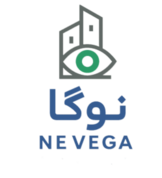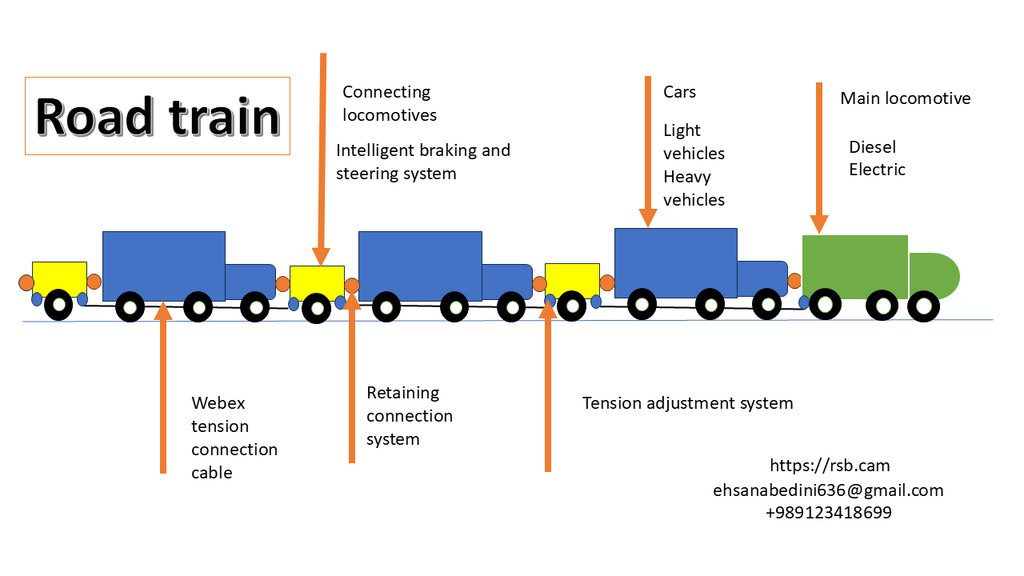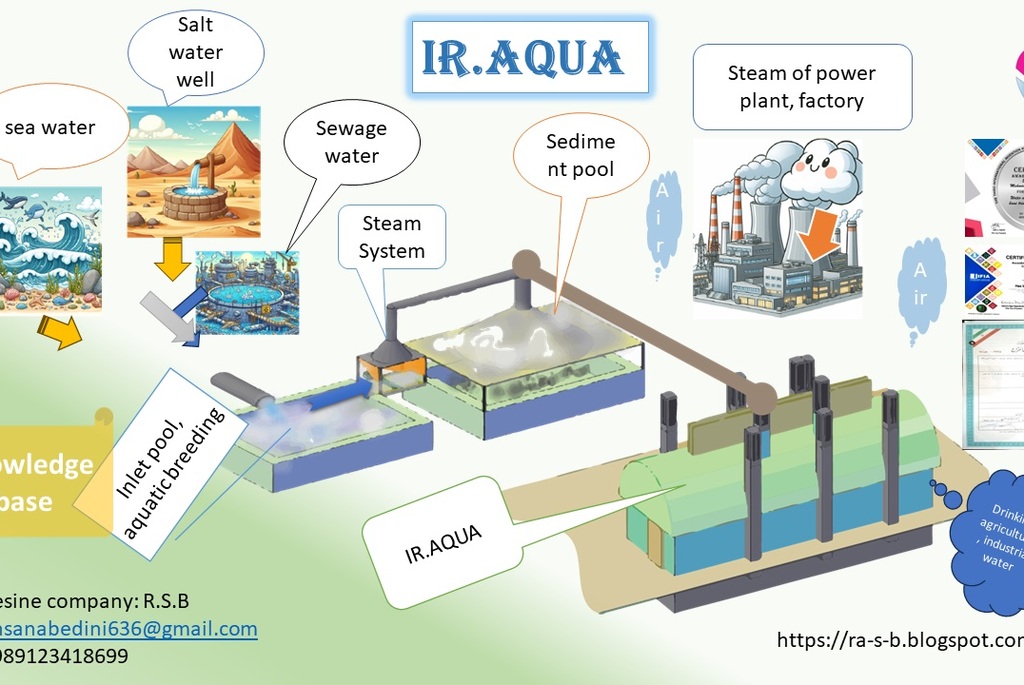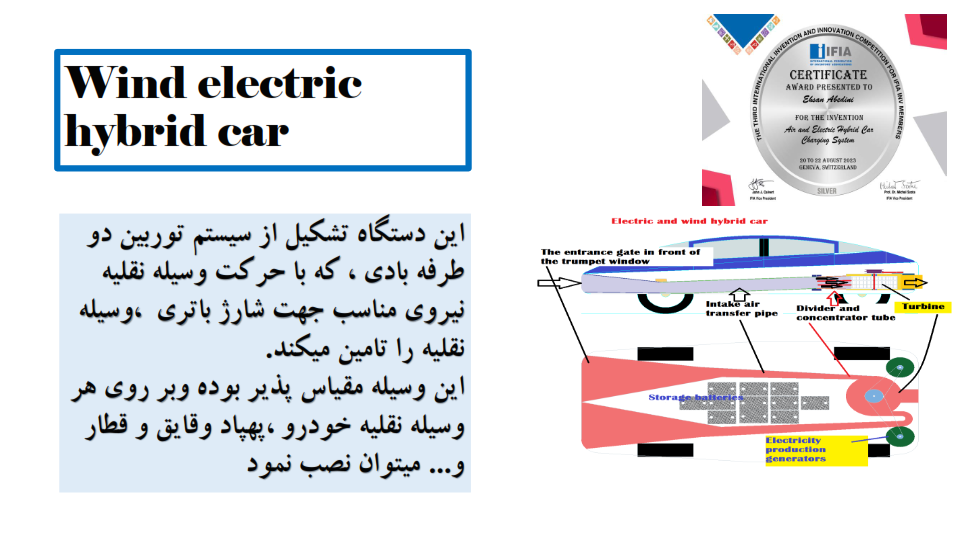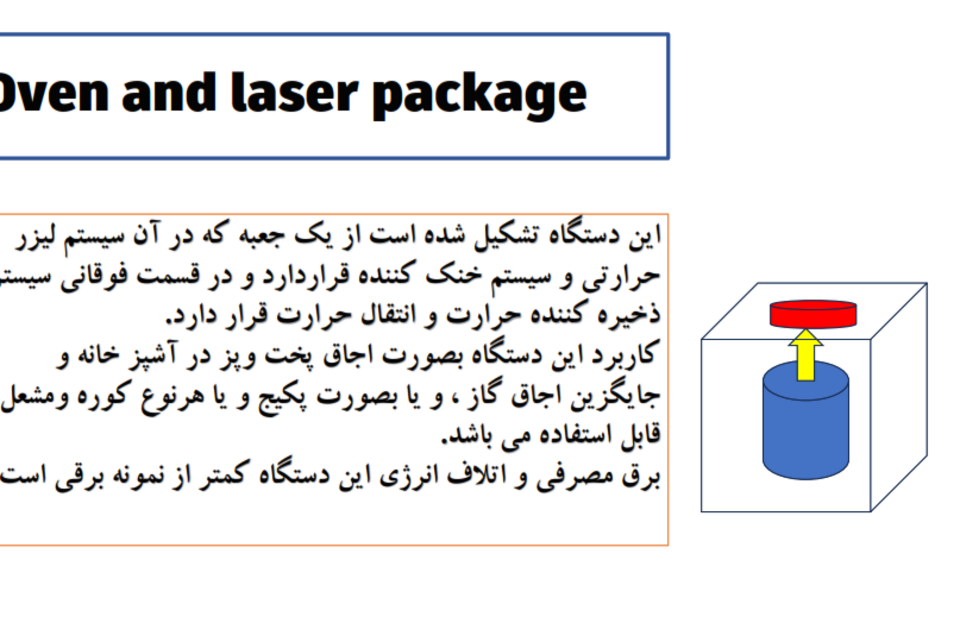سایت راشن سازه بنا به عنوان یک پلتفرم تخصصی و منحصر به فرد، به معرفی نوآوریها و تکنولوژیهای پیشرفته در صنعت ساختمان و ابزارهای صنعتی میپردازد. این پلتفرم با هدف اصلی تسهیل ارتباط و تعامل بین تأمینکنندگان، فروشندگان و خریداران در این صنعت ایجاد شده است. ما با استفاده از اپلیکیشنهای مدرن «اییا» و «نوگا»، به کاربران این امکان را میدهیم که در فرآیندهای خرید و مدیریت پروژه به شیوهای کاملاً آسان و راحت پیش بروند.
در این سایت، ما به منظور افزایش امنیت و اعتماد در معاملات، از سیستم صندوق ضمانت استفاده میکنیم. در این روش، خریدار مبلغ مورد نظر را به صندوق ارسال میکند و بلافاصله به فروشنده اطلاع داده میشود که پول پرداخت شده است. سپس، پس از اینکه خریدار کالا و خدمات مورد نظر را دریافت کرد، او میتواند با ارسال پیام یا امضای آزادسازی مبلغ، وجه را به فروشنده پرداخت کند. این فرآیند به گونهای طراحی شده که مطمئن شوید هر دو طرف از معامله راضی و مطمئن هستند.
علاوه بر این، سایت ما دارای یک هیئت داوری حرفهای است که ناظر بر تمامی خرید و فروشها بوده و در صورت بروز هرگونه اختلافنظر، به عنوان مرجع حل و فصل عمل میکند. ما متعهد به ایجاد یک فضای امن و شفاف برای تمامی کاربران خود هستیم و بهروز بودن در زمینه تکنولوژی و نوآوریها را سرلوحه کار خود قرار دادهایم.

